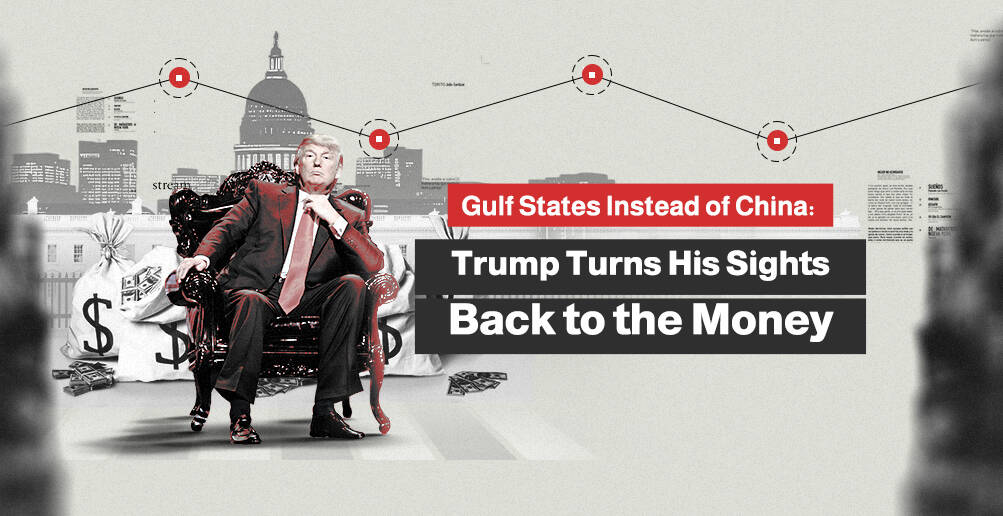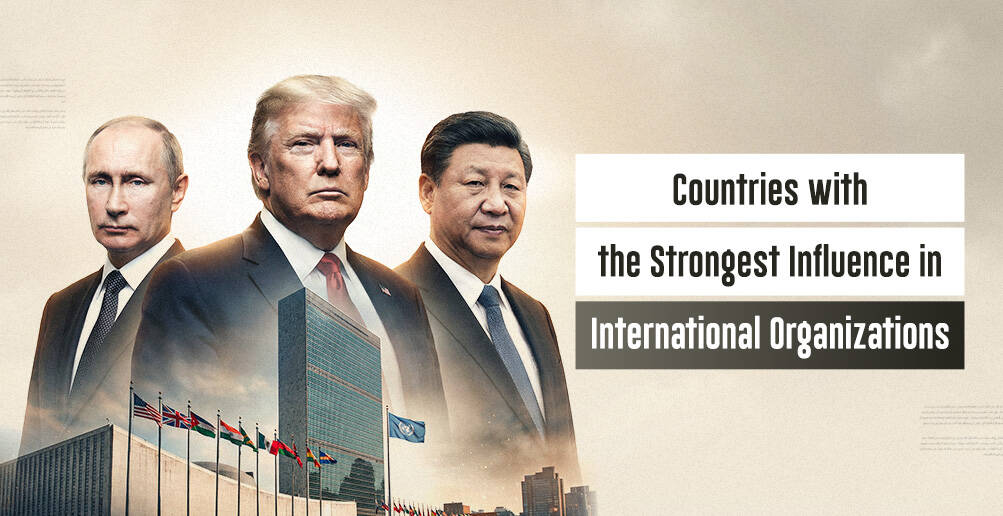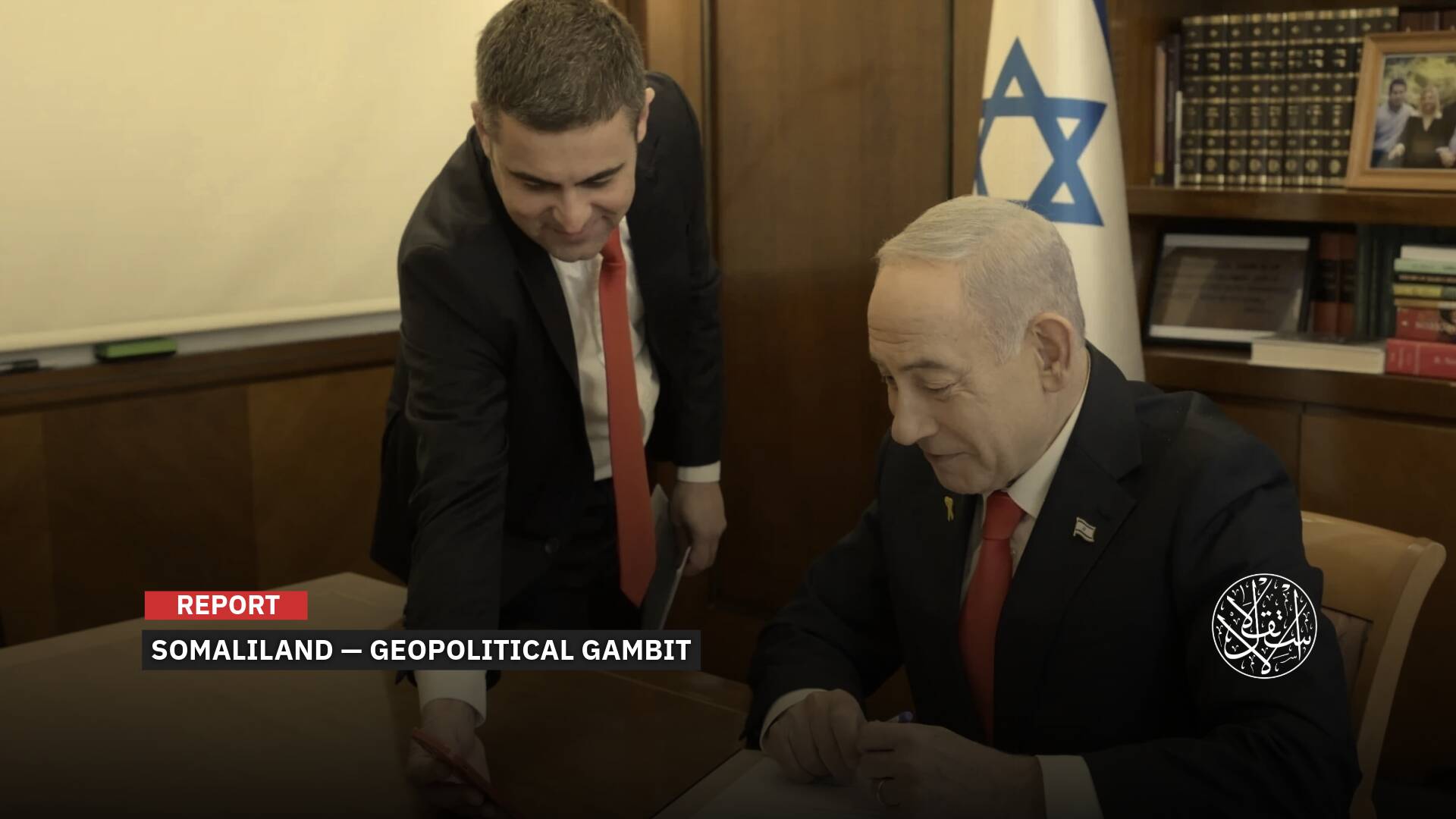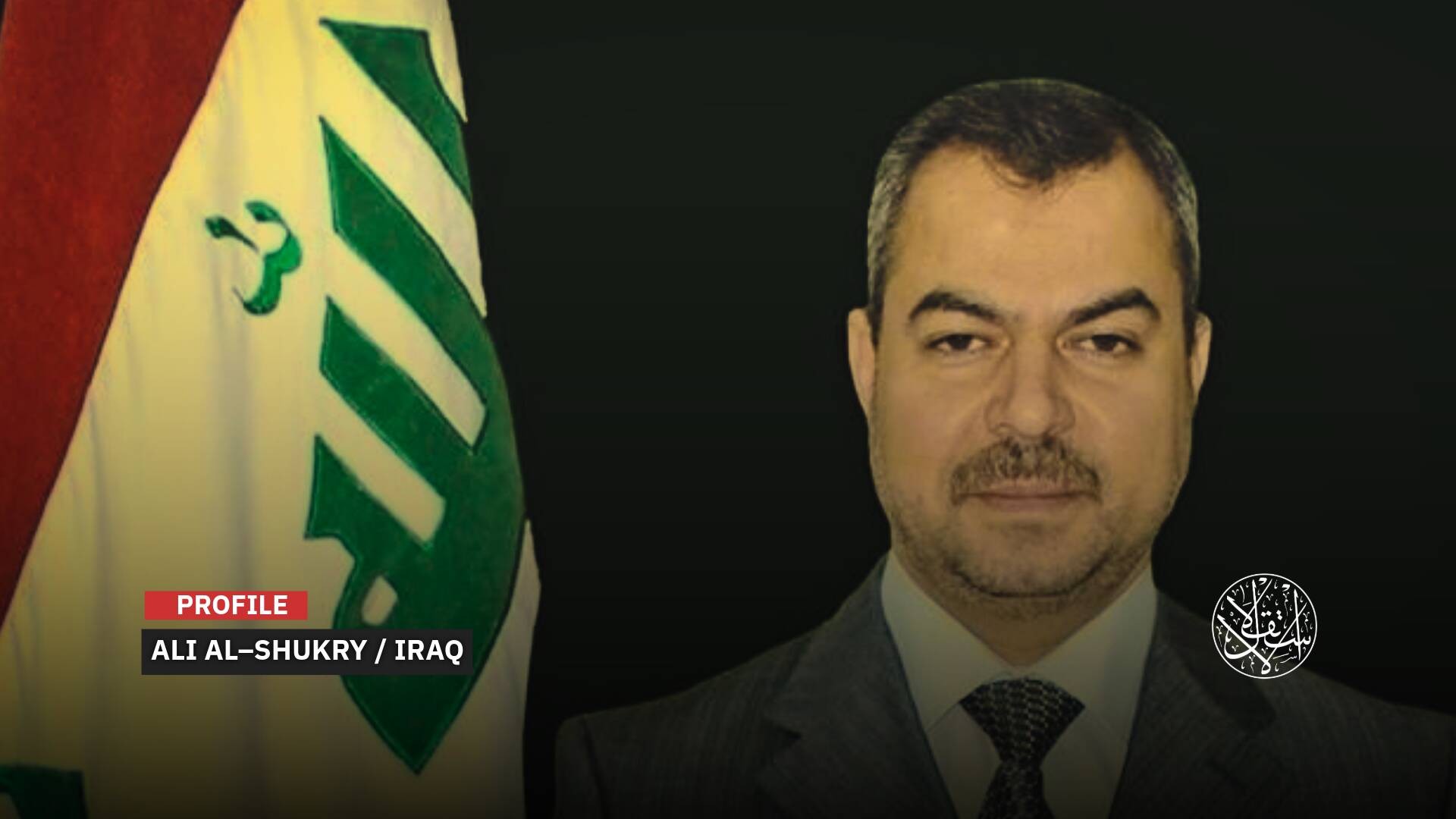This Is How Russia and China Are Controlling the ‘Poor’ Continent’s Valuable Minerals

An Italian website reported that many African countries, led by Namibia and Malawi, intend to exploit the vast uranium resources found in their subsoil, while China and Russia attempt to control this wealth.
The website Ilsussidiario indicated that when the Russian nuclear giant Rosatom made a decision to restart its uranium project in Tanzania at the end of 2020, which was halted in 2017 due to the drop in the price of yellowcake uranium, the enthusiasm of the Tanzanian government was evident.
As soon as the excavations are completed inside this promising site with abundant reserves located in the south of the country, near the Mozambican border, the Vice President of Rosatom in charge of South Africa, Viktor Polikarpov, indicated that the exploitation of the resources will start in 2022.
Uranium Sector
The website expects that the project will contribute to the completion of the first Russian uranium mine in Africa and the start of production within the next three years.
This was considered a good thing for Tanzania, which, despite its abundant reserves, had not yet entered the mini-club of African uranium-producing countries, now dominated by Namibia and Niger.
It added that this project will contribute to strengthening the strategic partnership with Moscow, which uses the nuclear industry as a means of greater influence in Africa.

Far from being a one-sided relationship, uranium's partnership with a major foreign power could be a geopolitical tool for Tanzania, the website emphasized.
The Italian website pointed out that Tanzania is not the only ambitious producer of uranium, especially after a period of severe crisis due to the 2011 Fukushima earthquake.
It pointed out that the uranium sector in Botswana has witnessed since its inception the presence of international players, led by the Australian ICAP Energy, which obtained in 2016 the mining rights to the Letlhakane project for a period of 22 years.
The Australian company with Chinese capital also includes on its board of directors the Botswana branch Anthony Khama, the younger brother of former President Ian Khama and the son of the country's first president, Seretse Khama.
The Italian website indicated that among the African countries that aspire to exploit uranium resources, there is the Central African Republic, especially after the withdrawal of the French nuclear company Areva from the Bakuma project in 2012, which caused great dissatisfaction.
The website considered that because of the deteriorating security, environmental and political situation in the country, the return of the French group seems complicated.
As for the long-term, the major fields in Central Africa are still controlled by the Russian Rosatom, which is engaged in a campaign to expand its presence on the continent, the website indicates.
It stated that investments and the repercussions of the COVID-19 pandemic have allowed Namibia to surpass Canada in 2020 in global uranium production, which has historically been monopolized by Kazakhstan, Australia, and Canada.
It added that Namibia also gained leadership in the production of African uranium, contributing by nearly 11 percent to the global production and could surpass Australia in 2021.
Hasab and Rosing, the two largest mines in the country and the only ones currently open, are operated by the China National Uranium Corporation of the China National Nuclear Corporation and the China General Nuclear Power Group.
The Rio Tinto Group, an Anglo-Australian multinational, had been operating the Rosing mine, the country's oldest uranium mine, since 1976 before Beijing bought its shares for just over $100 million in 2019.
Prior to this deal, Beijing was the dominant player in Namibian uranium since 2016, having completed the construction of the Hasab mine, the world's second-largest uranium production site.
Foreign Investments
The site noted that the investment of the Chinese General Nuclear Energy Group in establishing the Hasab mine as one of the largest investments of a Chinese state-owned company ever in Africa, valued at hundreds of millions of dollars.
It suggested that China's interest in uranium in Namibia is based on its historical proximity to SWAPO, the ruling party since independence in 1990.
The African country has achieved an increase in its production by 25 percent over the past decade, unlike other countries, such as Niger, which recorded a sharp decline in its production.
Other foreign powers have also invested in Namibian uranium, including the holding Headspring Investments, a subsidiary of Uranium One, the mining arm of Russia's Rosatom, which recently accelerated projects in eastern Namibia.
For its part, Niger recorded a decline in its production for ten years, after losing the leadership in African production in 2016 in favor of Namibia and today it is struggling to regain its position.
With one major uranium site closed, Niger is counting on another partnership with French uranium mining operator Orano to develop its new Imorarine mine, 100 kilometers north of Agadez.
Other African countries that were former producers of this material are also trying to reopen closed uranium mines, such as Malawi and South Africa, which bore the effects of the decade following the Fukushima disaster, which wiped out most of their uranium production, according to the Italian website.
South Africa is the only country on the continent to have a nuclear power plant, the Koeberg Nuclear Power Plant, on the outskirts of Cape Town.
Consequently, it has internal needs for the supply of uranium, and Pretoria also has large reserves of this mineral in its subsoil.
According to the site, the first challenge in Malawi, southeast Africa, was to reopen the Kayelekera mine, which was active from 2009 to 2014.
At the beginning of 2020, the Australian company Paladin Energy, which established the mine, sold an 85 percent stake to its compatriot Lotus Resource, a modern company that is now raising funds to reopen the mine for $5 million.
At the same time, it renegotiated the partnership with the Malawi government led by Lazarus Chakwera, who owns the remaining 15 percent.
In addition to the Kayelekera uranium mine, the country's subsoil is also rich in rare earths that can also produce uranium.
In conclusion, the website noted that the highly strategic nature of the rare earths in Malawi is attracting international attention.
Thus, the owner of the country's most advanced rare earths project has been discussing a partnership with Washington since 2019 on the advice of US General James Jones, former national security adviser to Barack Obama.












